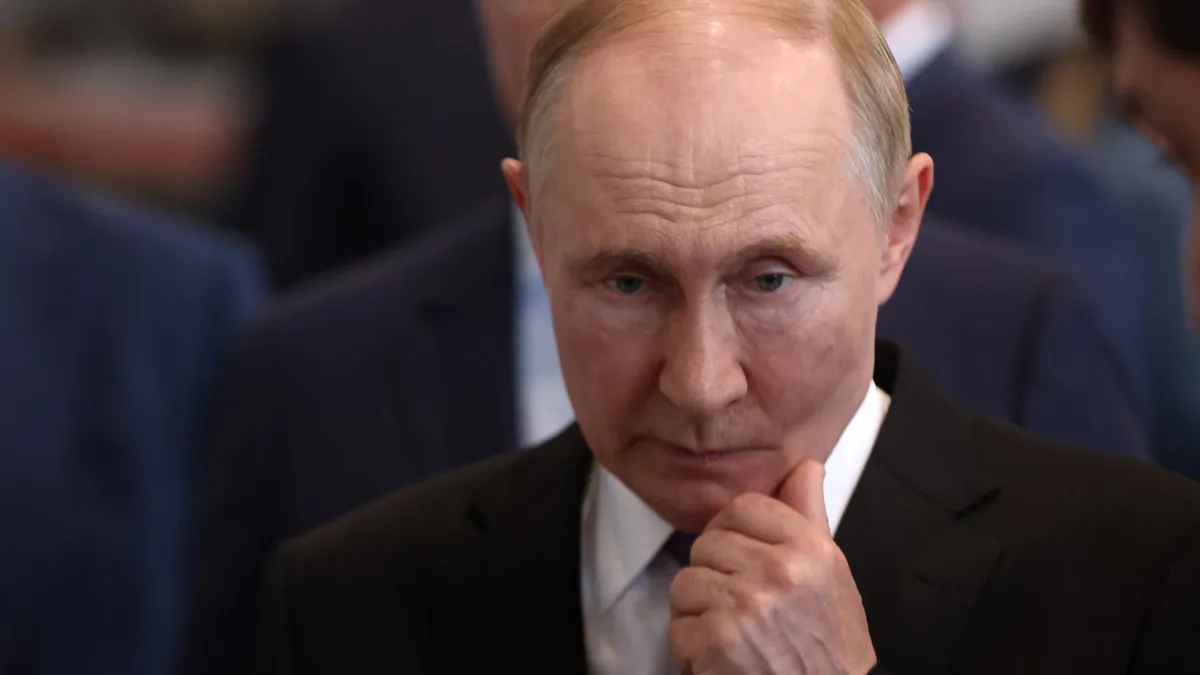
On Monday, President Donald Trump announced that he plans to set a significantly shorter deadline for Russian President Vladimir Putin to agree to a ceasefire in Ukraine. Currently, there are still 36 days remaining until Trump’s previous deadline, established two weeks ago. However, Trump indicated that he would reduce this timeframe to approximately 10 to 12 days.
This shift in deadline is crucial as it signals Trump's readiness to take decisive action against Russia, something he had previously avoided for the last six months. The potential sanctions could impose heavy penalties on countries that continue to purchase Russian oil, particularly affecting major buyers like China and India.
While Trump did not provide specific details regarding the sanctions he intends to implement, he mentioned that they would likely involve secondary sanctions and tariffs. He had previously threatened to impose 100% secondary tariffs on nations that purchase Russian oil, a move that could have significant consequences for global oil markets. This strategy aims to encourage countries to cease their purchases of Russian oil, thereby cutting off vital revenue streams that support the ongoing war effort in Ukraine.
During a meeting with U.K. Prime Minister Keir Starmer in Scotland, Trump expressed his frustration, stating, “I am going to make a new deadline of about 10-12 days from today. There is no reason for waiting. We just don’t see any progress being made.” He indicated that he would announce this new deadline for Putin either that evening or the following day. Trump emphasized that the time for negotiations with Russia is rapidly running out and expressed disappointment in Putin's actions, stating, “I am not interested in talking anymore.” He criticized Putin for his seemingly respectful dialogue while violence continues to escalate: “He talks with such nice conversations, such respectful and nice conversations and then people die the following night.”
In response to Trump’s ultimatum strategy, former Russian President Dmitry Medvedev labeled it a dangerous game that could lead to war, according to reports from Russian state media. Now serving as the deputy chair of Russia's security council, Medvedev has emerged as one of the most hawkish voices in Moscow since the invasion of Ukraine.
As the situation evolves, it remains to be seen how the international community, particularly nations like China and India, will respond to Trump's intensified stance on Russian sanctions and the implications it holds for global relations and energy markets.